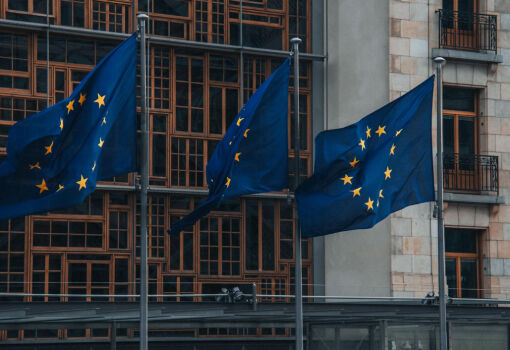
As it became known, SEPA in Moldova will become available only in a few months, when commercial banks will take the necessary measures for this purpose. The NBM believes that the majority of Moldovan banks will adopt the indirect connection model through European partners already integrated in SEPA. This could be the infrastructure of any of the nearest member states. It is not difficult to guess which one.
SEPA is a new format of interstate bank euro-transfers. The payment system aims to make international euro transfers in this zone equivalent in value to domestic transfers in a member state, thus eliminating the distinction between national and international payments.
SEPA includes all Eurozone countries, EU countries and several other countries that also support euro bank transfers. According to EU regulations, transfers between bank accounts in two different countries should not cost more than a normal local transfer. Thanks to SEPA, payments in euros to EU partners, home transfers to Moldova and other transactions are faster and cheaper.
However, some banks, mainly – in Italy and Spain – find a way to apply additional fees to such transfers, experts warn. Then you can use another European payment system, if your bank account will be combined with it. Or – the old-fashioned way…
The NBM is very proud of this “historic event”, but clarifies that joining SEPA does not mean adopting the euro. Bank accounts in Moldova will still be opened in Moldovan lei (MDL), but it will be possible to make and receive payments in euros in a more efficient way.
For example, if today a Moldovan citizen receives a transfer of 500 or 1000 euros, he or she has to pay a fee of 20-25 euros. After joining SEPA, this fee may be as low as 1 euro or even 50 cents. For larger amounts (for transfers exceeding 70 thousand euros), a fee of 210 euros is charged today. After joining SEPA, this fee may be as low as 2 euros. Customers will be able to check the availability of this service directly with their bank.
Moldovan citizens and companies will still be able to use accounts in Moldovan lei, but they will also find it easier to make payments in euros. SEPA is not only used for bank-to-bank transactions. The payment system also covers direct payments between individuals, companies and institutions, including invoices, pensions and subscriptions.
As estimated by the NBM, SEPA will save the country and its citizens about 12 million euros per year, and up to 20 million euros in the medium term. To be accepted, Moldova fulfilled a number of conditions: it transposed into national law the provisions of the Payment Services Directive (PSD2), the Regulation on Money Transfers and the Directive on the Prevention and Combating of Money Laundering (AML).

